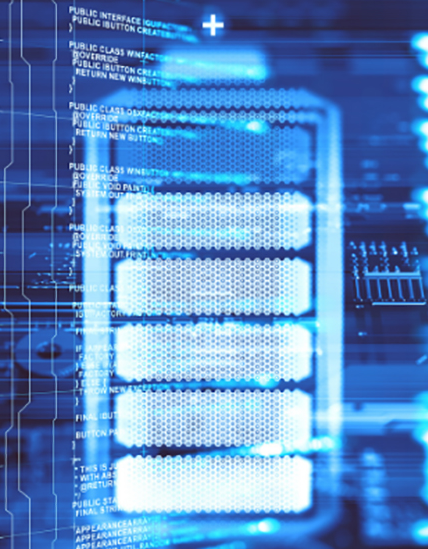100 amp lithium-ion battery refers to the rated capacity of the battery is 100 amp hours (Ah), that is, under standard discharge conditions, the battery can provide 100 amp current for continuous operation for 1 hour. It should be noted here that the ampere-hour is only a unit of battery capacity, and does not directly represent the physical size or weight of the battery.
The performance of lithium-ion batteries depends on its material system, common lithium iron phosphate batteries (LFP), lithium manganese oxide batteries (LMO), lithium cobalt oxide batteries (LCO), lithium nickel cobalt manganese oxide batteries (NCM) and so on. These material systems determine the important parameters of the battery such as energy density, charge and discharge rate, temperature characteristics, safety performance and cost.
At the same time, 100 amp lithium-ion batteries can be set up in parallel or in series to meet higher capacity or voltage requirements of the application scenario. When choosing a battery, in addition to focusing on the performance of a single battery, you should also consider the battery management system (BMS), which is used to monitor the charge and discharge status of the battery to protect the battery from overcharge, overdischarge, overheating and other bad conditions.

100 ampere of lithium ion battery application range is very wide. In the field of electric vehicles, they can be used as power batteries to power vehicles; In the field of mobile power, it is used to power tools and equipment; In an energy storage system, it is responsible for storing the electricity obtained from solar or wind power generation for subsequent use.
In addition, for outdoor activities and emergency backup power needs, 100 amp lithium-ion batteries are also a very good choice, such as outdoor camping, RV travel, Marine navigation, emergency medical equipment, etc., all need this high-capacity battery to ensure power supply.
When it comes to the price of 100 amp Li-ion batteries, we need to understand several major factors that together determine the final price of the battery:
Material cost: Manufacturing costs such as different positive and negative electrode materials and electrolytes directly affect the price of batteries. For example, lithium cobaltate batteries have a relatively high cost due to the high price of cobalt.
Brand impact: Well-known brands of lithium-ion batteries tend to cost more because they are likely to have better quality assurance and after-sales service.
Level of technology: Advanced production processes and battery design can improve battery performance, but at the same time may also increase the cost.
Market demand: Market supply and demand also affect prices, and prices may rise when demand increases or raw materials are in short supply.
Customization requirements: Additional requirements for batteries such as special specifications customization, high rated discharge rates, etc., will result in additional costs.
Quantity purchased: Bulk purchases often result in better unit price discounts.
According to market research, the price range of 100 amp lithium-ion batteries may range from several hundred to several thousand yuan, and the specific price needs to be determined according to the various factors mentioned above. It is recommended that users choose a battery, a number of comparisons, while considering the performance of the battery, application needs and budget, so as to make the best choice.
In short, 100 amp lithium-ion battery is a high-capacity battery, in the selection of the need to carefully screen the performance indicators of the product and the credibility of the manufacturer, while comparing the price of different suppliers in the market to ensure that the price of the product is higher.